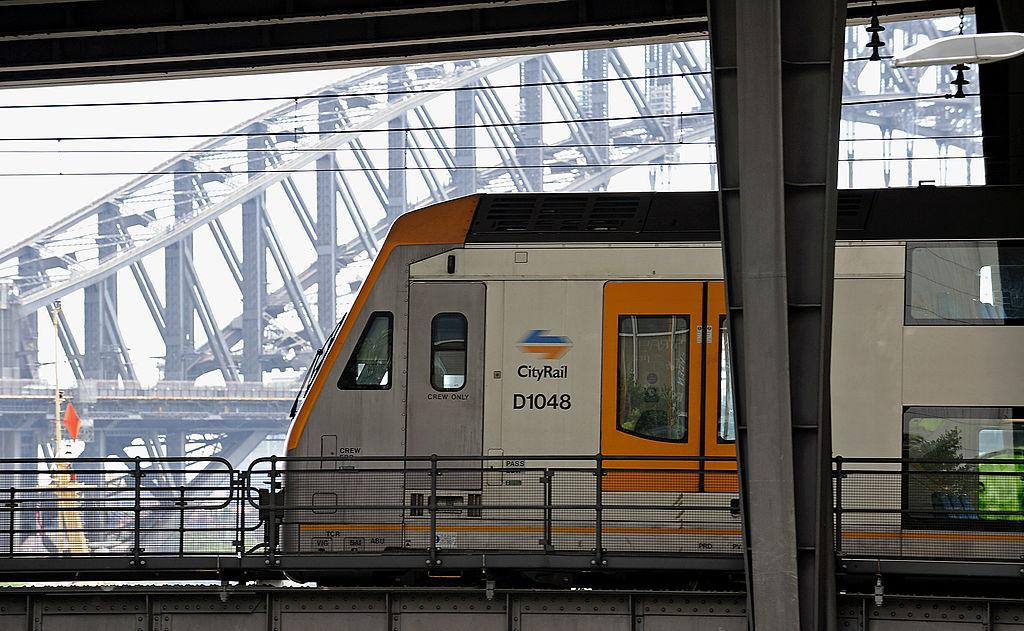The Sydney rail network has been forced to run at 30 percent capacity after rail worker strikes caused disruptions to commuters travelling to work and school as lockdowns lift around the Australian city.
The Rail, Tram, and Bus Union (RTBU) scheduled the industrial action for Oct. 20 after senior management at New South Wales (NSW) Trains, and Sydney Trains continued to refuse negotiation meetings for wages and conditions.





